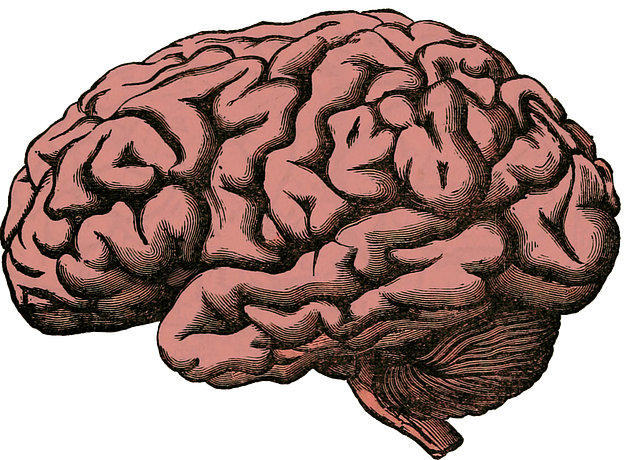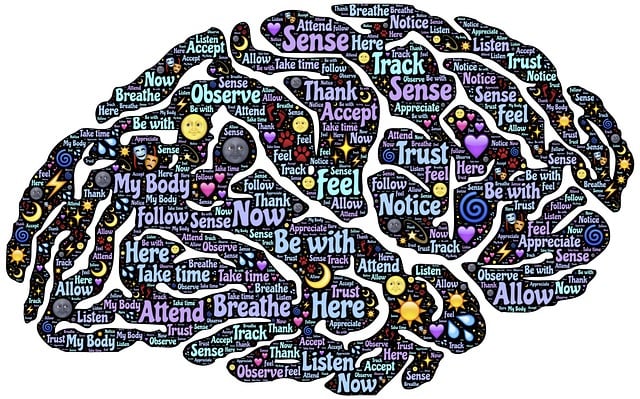Mental wellness groups, like those at Longmont Blended Families Therapy, thrive on dynamic facilitation that caters to diverse individuals with varied needs and backgrounds. Key strategies include creating inclusive environments through cultural competency training, encouraging open communication via active listening, and tailoring self-care practices to foster a supportive atmosphere. The ultimate goal is to strengthen family bonds, enhance communication, and promote mental wellness within the family unit using principles like Mind Over Matter and Self-Awareness Exercises, ensuring all voices are heard without judgment.
In today’s complex world, mental wellness group facilitation plays a pivotal role in supporting individuals within blended families. This article explores effective techniques for facilitators, focusing on creating harmonious dynamics in Longmont Blended Families Therapy Groups. We delve into understanding intricate group behaviors and implementing communication strategies that foster open dialogue. By prioritizing safety and inclusivity, these groups become transformative spaces, offering profound support and growth opportunities for all members. Discover how these practices enhance therapeutic outcomes specifically tailored to Longmont blended families.
- Understanding Mental Wellness Group Dynamics
- Effective Communication Strategies for Facilitators
- Creating a Safe and Inclusive Environment in Longmont Blended Families Therapy Groups
Understanding Mental Wellness Group Dynamics

Understanding the dynamics within mental wellness groups is paramount to effective facilitation. These groups often serve diverse individuals facing unique challenges, from navigating complex family structures like Longmont Blended Families Therapy settings to managing various mental health conditions. Facilitators must create a safe and inclusive environment where every member feels heard and valued.
Cultural competency training for healthcare providers plays a significant role in this process. By understanding the diverse backgrounds and experiences of group members, facilitators can adapt their approaches, ensuring that Self-Care Routine Development for Better Mental Health becomes accessible and meaningful to all. Incorporating Self-Care Practices tailored to these dynamics fosters a supportive atmosphere, encouraging open communication and personal growth.
Effective Communication Strategies for Facilitators

Effective communication is a cornerstone for facilitators leading mental wellness groups, especially in diverse settings like Longmont Blended Families Therapy. Facilitators must be adept at listening actively to ensure every participant feels heard and understood. This involves giving full attention, paraphrasing, and asking clarifying questions to demonstrate empathy and build trust. Incorporating open-ended questions encourages participants to share their experiences and perspectives, fostering a safe space for emotional expression.
Moreover, cultural competency training for healthcare providers plays a vital role in facilitating inclusive group discussions. Understanding the unique backgrounds and beliefs of the group members enables facilitators to tailor their communication approach, ensuring everyone feels respected. This, in turn, promotes emotional well-being promotion techniques that cater to diverse needs, enhancing the overall effectiveness of mood management strategies within the group setting.
Creating a Safe and Inclusive Environment in Longmont Blended Families Therapy Groups

In Longmont Blended Families Therapy Groups, creating a safe and inclusive environment is paramount for fostering open communication and encouraging active participation. Facilitators play a crucial role in establishing a non-judgmental space where each family member feels valued and respected. This involves cultivating an atmosphere of empathy, understanding, and acceptance, ensuring all voices are heard without fear of criticism or ridicule. By prioritizing confidentiality and promoting active listening, facilitators can help families navigate complex dynamics, fostering a sense of belonging and trust.
To achieve this, Mind Over Matter Principles and Self-Awareness Exercises are integral tools. These techniques enable family members to explore their emotions, gain insights into their behaviors, and develop strategies for managing stress and preventing burnout. Through collaborative problem-solving and shared experiences, Longmont Blended Families Therapy Groups aim to strengthen bonds, enhance communication, and promote mental wellness within the family unit.
Mental wellness group facilitation is an art that fosters connection and healing. By understanding dynamic group behaviors, employing effective communication strategies, and creating safe spaces, facilitators can revolutionize mental health support in Longmont Blended Families Therapy groups. These techniques enable participants to navigate complex emotions, build resilience, and experience the power of collective healing. Embracing inclusive practices ensures every voice is heard, fostering a supportive environment that empowers individuals on their journeys towards well-being.










